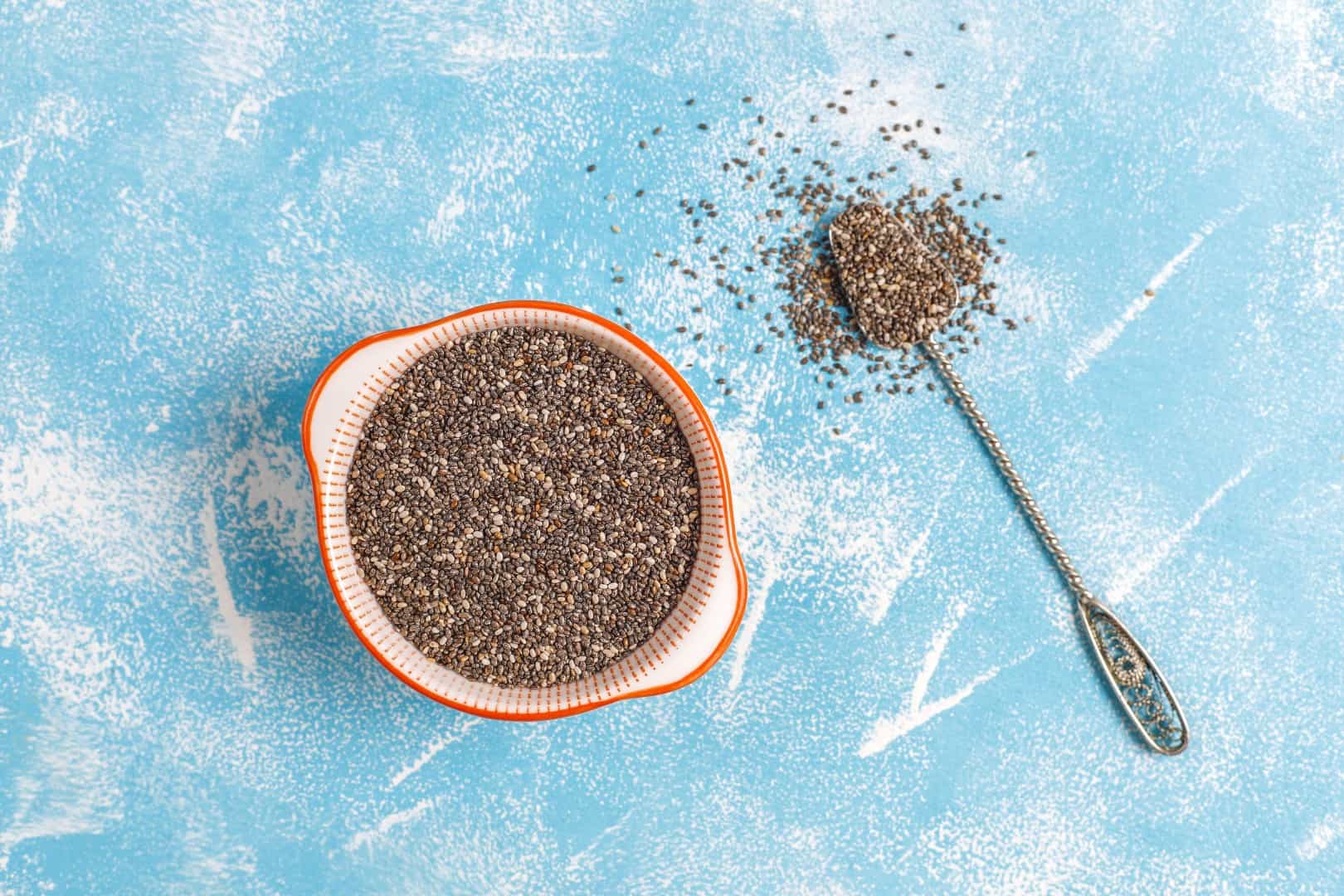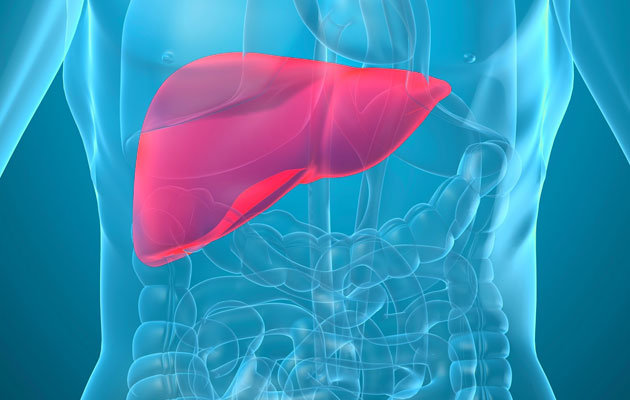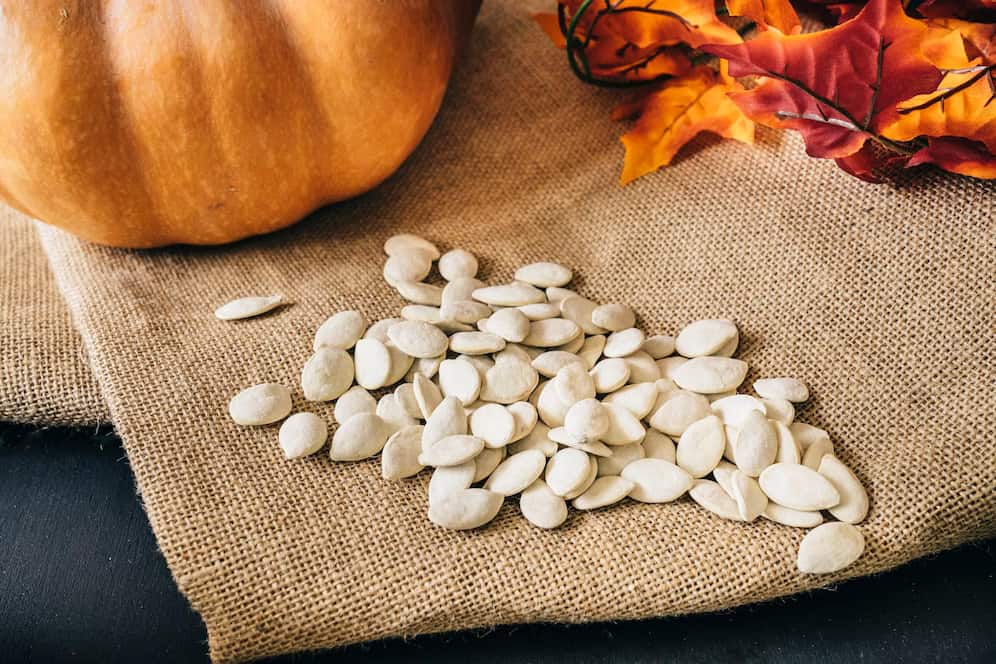In recent years, chia seeds have gained immense popularity as a superfood, and for good reason. These tiny seeds, derived from the Salvia hispanica plant, pack a powerful nutritional punch and offer a plethora of health benefits. From aiding weight management to improving heart health and promoting digestive wellness, chia seeds have become a staple in many health-conscious diets. In this comprehensive article, we will delve deep into the various health benefits of chia seeds, exploring the science behind their incredible properties and how you can incorporate them into your daily routine for a healthier life.
Nutritional Powerhouse
Before we delve into the specific health benefits of chia seeds, it’s crucial to understand their nutritional profile. Chia seeds are a rich source of essential nutrients, including:
- Omega-3 Fatty Acids: Chia seeds are one of the best plant-based sources of alpha-linolenic acid (ALA), a type of omega-3 fatty acid. Omega-3s are renowned for their anti-inflammatory properties and are essential for overall health.
- Fiber: Chia seeds are loaded with dietary fiber, with just a two-tablespoon serving containing roughly 10 grams. Fiber supports digestive health, aids in weight management, and helps regulate blood sugar levels.
- Protein: Chia seeds are approximately 14% protein by weight, making them a valuable source of plant-based protein. This can be especially beneficial for vegetarians and vegans.
- Antioxidants: Chia seeds are rich in antioxidants, which help protect cells from damage caused by free radicals. Antioxidants play a crucial role in preventing chronic diseases and supporting overall well-being.
- Vitamins and Minerals: Chia seeds are a good source of several essential vitamins and minerals, including calcium, phosphorus, magnesium, and manganese.
Weight Management
One of the most touted benefits of chia seeds is their role in weight management. Their high fiber content promotes a feeling of fullness, reducing overall food intake and preventing overeating. When chia seeds come into contact with liquid, they form a gel-like substance in the stomach, further contributing to satiety.
Additionally, chia seeds can absorb up to 10-12 times their weight in water, expanding in the stomach and slowing down the digestion process. This extended feeling of fullness can help control appetite, leading to fewer calories consumed throughout the day. Incorporating chia seeds into your diet can be a valuable tool for those looking to shed extra pounds or maintain a healthy weight.
Heart Health
Consuming chia seeds may have a positive impact on heart health. The high levels of omega-3 fatty acids, particularly ALA, found in chia seeds can help reduce the risk of cardiovascular disease. ALA has been associated with lowered levels of bad cholesterol (LDL) and triglycerides, both of which are risk factors for heart disease.
Moreover, chia seeds contain potassium, which supports healthy blood pressure levels. Maintaining optimal blood pressure is crucial for overall cardiovascular health, and chia seeds can contribute to achieving this goal.
Blood Sugar Regulation
Stabilizing blood sugar levels is essential for preventing and managing diabetes. Chia seeds can play a significant role in this regard due to their high fiber content. When consumed, the fiber in chia seeds slows down the absorption of sugar, preventing rapid spikes and crashes in blood glucose levels.
The gel-like substance that forms when chia seeds mix with liquids also contributes to blood sugar regulation. It creates a barrier in the digestive tract, slowing the breakdown of carbohydrates and further aiding in glucose control.
Several studies have suggested that incorporating chia seeds into the diet may improve insulin sensitivity, making them a valuable addition for individuals with diabetes or those at risk of developing the condition.
Digestive Wellness
Digestive health is a cornerstone of overall well-being, and chia seeds can be a valuable ally in promoting a healthy digestive system. Their high fiber content aids in regular bowel movements and prevents constipation. The soluble fiber in chia seeds also acts as a prebiotic, promoting the growth of beneficial gut bacteria, which is essential for a balanced microbiome.
Furthermore, chia seeds’ gel-forming ability can help soothe irritated digestive tracts in conditions like irritable bowel syndrome (IBS). This soothing effect can alleviate discomfort and contribute to better digestive comfort.
Bone Health
Chia seeds are a rich source of several essential minerals, including calcium, phosphorus, and magnesium, all of which are critical for maintaining strong and healthy bones. Calcium is well-known for its role in bone health, and just a two-tablespoon serving of chia seeds contains a substantial amount of this mineral.
Additionally, magnesium is necessary for calcium absorption and bone density. Phosphorus plays a vital role in bone structure, making chia seeds a comprehensive package for supporting skeletal health.
Skin Health
The antioxidants found in chia seeds can help protect the skin from damage caused by free radicals and oxidative stress. This protection can slow the aging process and promote a more youthful appearance.
Furthermore, chia seeds’ high omega-3 fatty acid content contributes to skin hydration and reduces inflammation, potentially alleviating skin conditions like acne and eczema. When included in a balanced diet, chia seeds can help you achieve healthier and more radiant skin.
How to Incorporate Chia Seeds into Your Diet
Now that we’ve explored the remarkable health benefits of chia seeds, let’s discuss some creative and delicious ways to incorporate them into your daily diet:
- Chia Pudding: Mix chia seeds with your choice of milk or yogurt, add sweeteners and flavorings like vanilla or cocoa, and let it sit in the refrigerator overnight. In the morning, you’ll have a creamy and nutritious chia pudding ready to enjoy.
- Smoothies: Blend chia seeds into your favorite smoothie for an extra boost of fiber, protein, and omega-3s.
- Baking: Add chia seeds to muffins, pancakes, or bread recipes for added nutrition and texture.
- Salads: Sprinkle chia seeds on top of salads to enhance their nutritional content and provide a pleasant crunch.
- Oatmeal: Stir chia seeds into your morning oatmeal for added thickness and nutritional value.
- Homemade Energy Bars: Make your own energy bars with chia seeds, nuts, dried fruits, and honey for a convenient and nutritious snack.
Conclusion
Chia seeds are indeed a nutritional powerhouse, offering a wide range of health benefits that can positively impact your overall well-being. From weight management and heart health to blood sugar regulation and digestive wellness, these tiny seeds have earned their status as a superfood.
Incorporating chia seeds into your diet is a simple and effective way to reap their rewards. Whether you choose to sprinkle them on your morning yogurt, blend them into a smoothie, or create a satisfying chia pudding, you can enjoy the countless advantages of these versatile seeds. So, why not make chia seeds a regular part of your diet and take a proactive step towards a healthier and happier life




